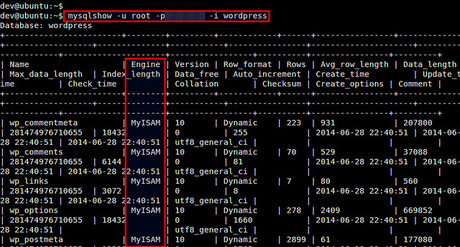Government takes heat for metadata bill

The government’s introduction of a mandatory telecom metadata retention bill has reignited the debate over potential implications of such a law.
Announcing the bill last week, attorney general George Brandis said metadata is essential for fighting serious crimes including terrorism, espionage, cybersecurity, organised crime, murder, rape, kidnapping, child sex abuse and child pornography.
He said law enforcement and security agencies have been calling out for laws requiring the retention of metadata for two years.
Brandis has subsequently asserted that telecom metadata can't and won't be used to pursue litigation for online copyright violation. He told ABC’s Q&A http://www.abc.net.au/tv/qanda/ that the proposed regime only applies to the most serious crimes.
This contradicts the assertion by AFP commissioner Andrew Colvin that metadata will be useful for pursuing illegal downloads. Colvin subsequently had to clarify that copyright is a civil matter, and the proposed law could only be used to enforce criminal laws.
But intellectual property legal expert Dr Metthew Rimmer, associate professor at the ANU’s College of Law, told Computerworld Australia that there are criminal offences associated with Australian copyright law, and that the AFP takes a role in IP enforcement.
Rimmer criticised the government for “shifting their position day by day in relation to very basic questions about the relationship between IP and data retention,” and Brandis for appearing not to know the basic offences under Australian copyright law.
Greens senator Scott Ludlam has meanwhile hit out at the proposed legislation as an “outrageous attack on Australians’ fundamental right to privacy”.
Labor’s response has so far been more noncommittal, with the party calling for more time to consider the proposed bill.
“This legislation is complex and contentious. It is broader than national security. It has privacy implications and could also potentially increase the cost of internet bills. It therefore needs to be subject to robust scrutiny over months not weeks,” shadow communications minister Jason Clare said in a statement.
How to harness AI to advance cybersecurity
Organisations that prioritise AI-enabled security and a culture of continuous learning...
Solving the IoT attack surface challenge: a practical playbook for IT managers
As IoT environments get more complex, adopting zero-trust architectures to verify every device...
Defending against AI-powered cyberthreats
Improving cyber resilience is no longer about perimeter defence or reactive patching, but...







